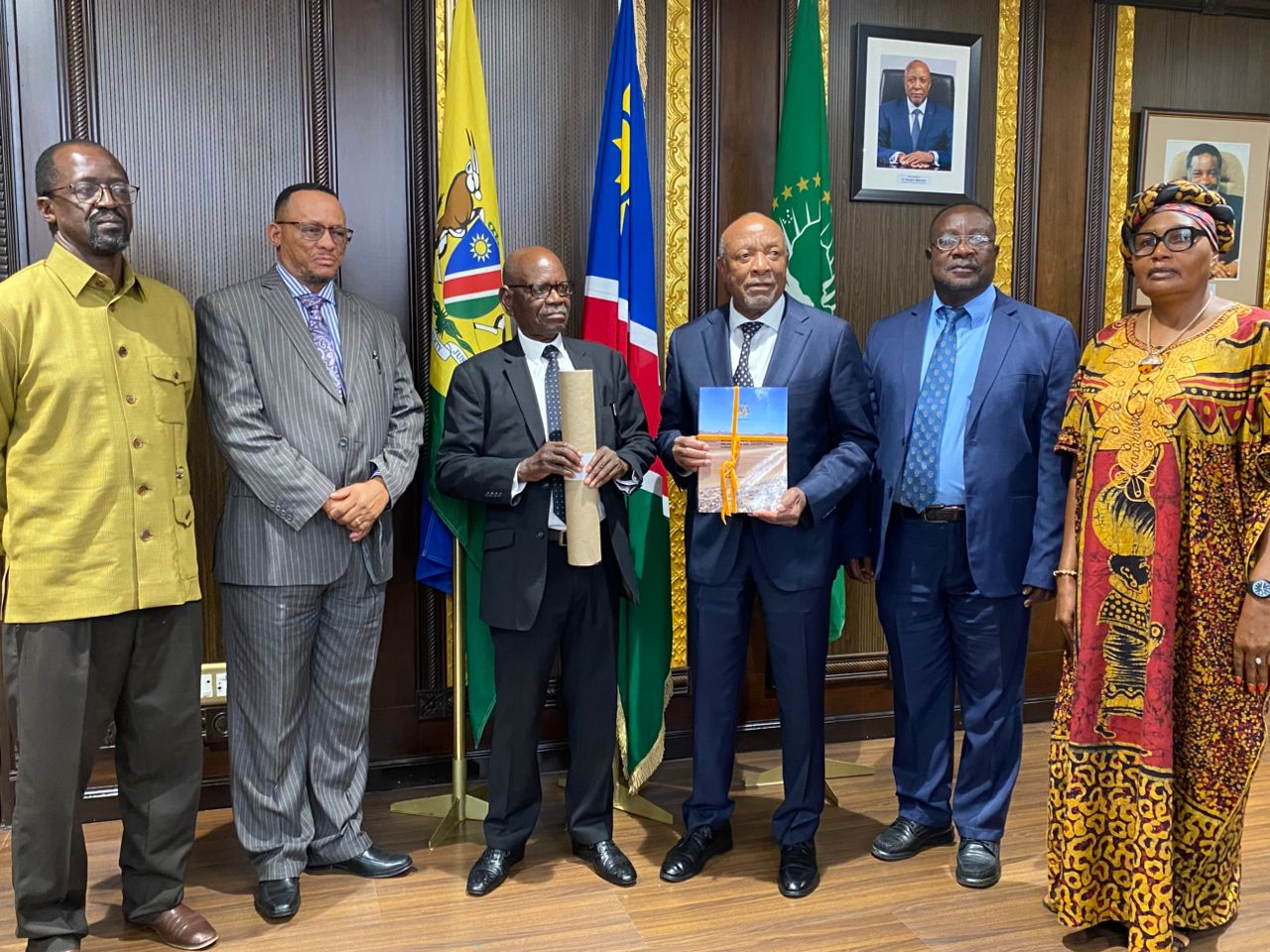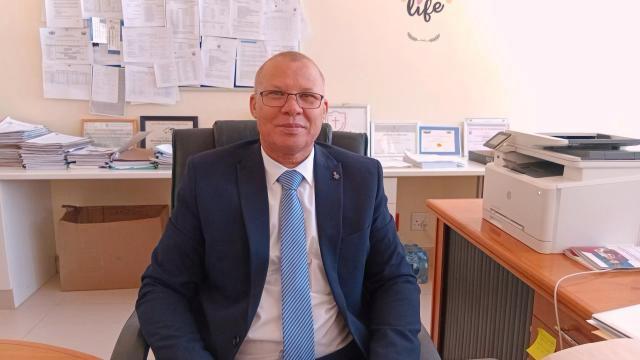WASHINGTON – The United States and other traditional human rights champions must retake leadership of a global agenda that has been hijacked by ‘spoiler’ states like China, Egypt and Russia, a rights group said on Wednesday.
Human Rights Watch, in its report on the world situation for 2009, said the change must begin in Washington, with steps such as closing the Guantanamo Bay military detention centre and ending other policies which have eroded US credibility.
‘The Obama administration must undo the enormous damage caused by the Bush administration and begin to restore the US government’s reputation and effectiveness as a human rights defender,’ said the report, referring to President-elect Barack Obama who takes office next week.
‘Changing US policy on how to fight terrorism is an essential place to start,’ it said.
Human Rights Watch called for permanent closure of Guantanamo – a goal stated by Obama – and the shutting of secret CIA detention centres, the end to coercive interrogation of terrorism suspects and for the United States to join the United Nations Human Rights Council.
Controversial US policies left a vacuum in which ‘by default, those often setting the human rights agenda in international forums are opponents of human rights enforcement – governments of nations such as Algeria, China, Egypt, India, Pakistan, and Russia’, the New York-based group said.
‘They mimic the language of anti-imperialism, anti-colonialism, or solidarity with the downtrodden, but in fact, the spoilers are no friends of the persecuted. They find common cause with the dictators and tyrants of the world,’ said the report, published at http://www.hrw.org/world-report-2009.
DEMOCRACIES ALSO SPOILERS
Spoilers included not only ‘serious offenders’ such as Belarus, Sudan and Zimbabwe and authoritarian states with poor records, like China and Russia. Democracies such as South Africa and India also prevented scrutiny of abusive countries out of political solidarity or economic interests, it said.
South Africa came under fire for protecting President Robert Mugabe of Zimbabwe from meaningful international action and for Pretoria’s refusal to join international pressure on the military junta in Myanmar.
India, another democracy that might be expected to lead on human rights, pursues a foreign policy that ‘often would make a confirmed dictator proud’, the report said. India is fearful of being criticised for its own problems and keen to pursue strategic and economic interests in competition with China.
In assessments of conditions in 90 countries, the 564-page report, citing crackdowns last year in Tibet and other parts of China, said Beijing ‘broke its promise to improve human rights in conjunction with its hosting of the 2008 Summer Olympic Games’.
In Russia, ‘the election of Dmitry Medvedev to the Russian presidency did not result in immediate improvements in the rule of law or the environment for civil society, with the government continuing to crack down against independent groups and activists’, it said.
In addition to US practices under the war on terrorism, Human Rights Watch also found fault with the use of the death penalty in the United States, the continuing growth in the US prison population and the jailing of more than 2 500 prisoners for life without parole for crimes committed when they were juveniles.
– Nampa-Reuters
Stay informed with The Namibian – your source for credible journalism. Get in-depth reporting and opinions for
only N$85 a month. Invest in journalism, invest in democracy –
Subscribe Now!









